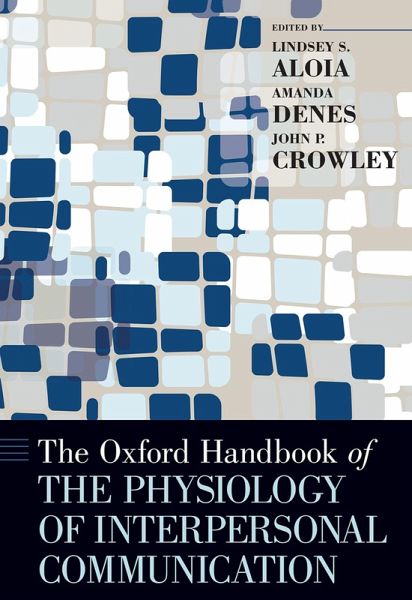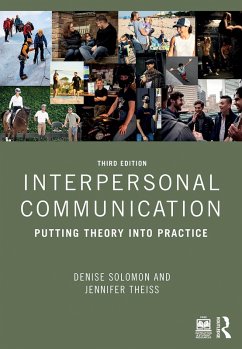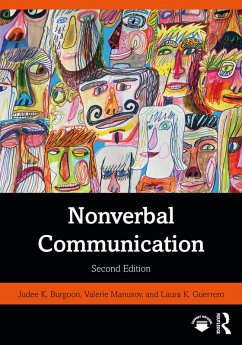
The Oxford Handbook of the Physiology of Interpersonal Communication (eBook, ePUB)

PAYBACK Punkte
32 °P sammeln!
Communication scholars have long recognized the importance of understanding associations between our bodies and communication messages and processes. In the past decade, there has been an increased focus on the role of physiology in interpersonal interactions, resulting in a surge of research exploring topics related to communication in close relationships. This growing line of research explores topics such as affectionate communication, forgiveness, communication apprehension, and social support. Contributing to the increase in physiological research on communication processes is a greater re...
Communication scholars have long recognized the importance of understanding associations between our bodies and communication messages and processes. In the past decade, there has been an increased focus on the role of physiology in interpersonal interactions, resulting in a surge of research exploring topics related to communication in close relationships. This growing line of research explores topics such as affectionate communication, forgiveness, communication apprehension, and social support. Contributing to the increase in physiological research on communication processes is a greater recognition of the bi-directional nature of the associations between communication and the body. Researchers study both the physiological outcomes of communication episodes (e.g., stress responses to conflict conversations), as well as the effects of physiology on communication process (e.g., the influence of hormones on post-sex communication). The Oxford Handbook of the Physiology of Interpersonal Communication offers a comprehensive review of the most prolific areas of research investigating both the physiological outcomes of interpersonal communication and the effects of physiology on interpersonal interactions. This volume brings together thirty-three leading scholars in the field and draws on research from communication studies, physiology, psychology, and neuroscience. Based on quantitative research methods, the Handbook serves as a resource for both researchers and students interested in investigating the mutual influence of physiology and communication in close relationships.
Dieser Download kann aus rechtlichen Gründen nur mit Rechnungsadresse in A, B, BG, CY, CZ, D, DK, EW, E, FIN, F, GR, HR, H, IRL, I, LT, L, LR, M, NL, PL, P, R, S, SLO, SK ausgeliefert werden.













